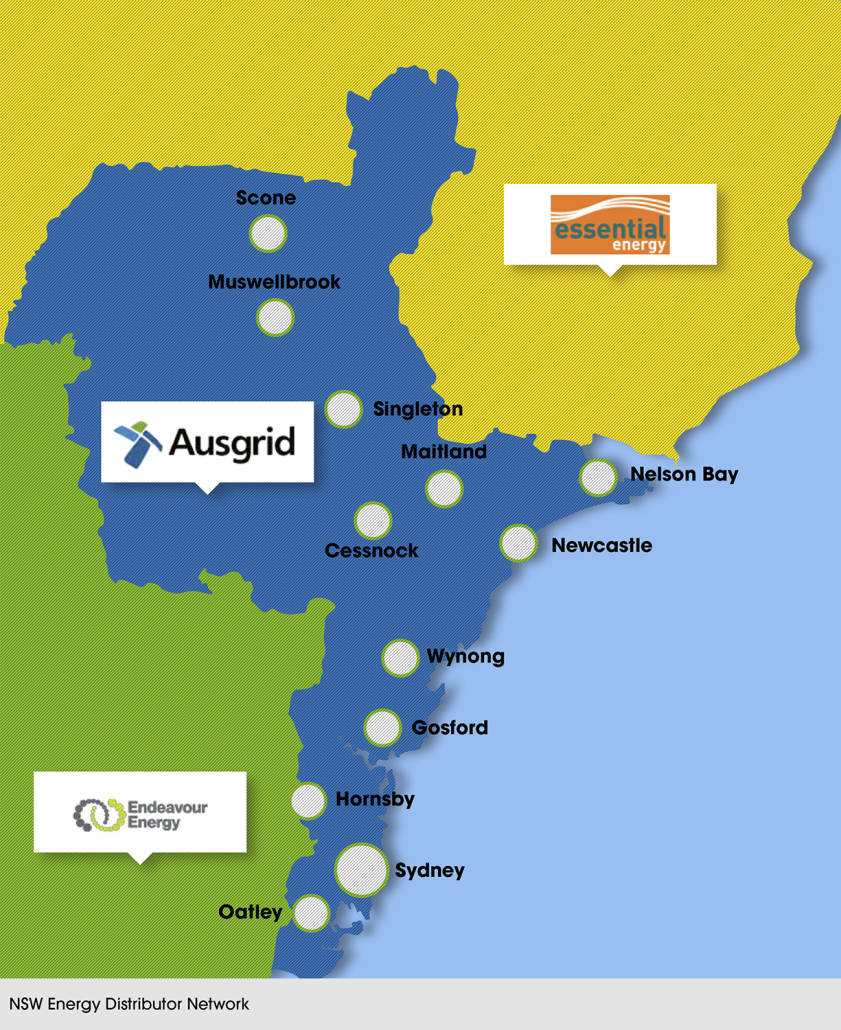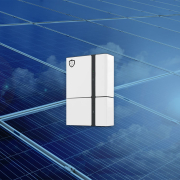The Sun Tax: How Ausgrid’s New Policy Impacts Solar Homeowners and the Rising Importance of Batteries
As Australia continues its push towards renewable energy, solar power is the obvious choice for many households. However, recent developments by Ausgrid, the largest electricity distributor on the East Coast, are set to change the landscape for solar panel owners. This blog delves into the new “Sun Tax,” its implications for homeowners, and why investing in home batteries is more critical than ever.
Without batteries, homeowners will bear the brunt of the penalties, reducing the financial benefits of their solar investments.
Ausgrid’s New Policy
Ausgrid has introduced a new two-way opt in tariff system to manage the influx of solar energy being fed back into the grid. This new policy is also being referred to as the ‘solar shock,’ and we can understand why. Starting from July this year, solar panel owners will face a penalty of 1.2¢ per kilowatt-hour for exporting electricity to the grid between 10 am and 3 pm. Conversely, they will be rewarded 2.3¢ per kilowatt-hour for exports between 4 pm and 9 pm.
This policy encourages households to use their solar energy during the day and export it in the evening when the demand is higher. By doing so, Ausgrid hopes to avoid costly network upgrades and maintain grid stability.

Impact on Solar Homeowners
According to an online article at One Step Off The Grid, “The new policy will punish solar panel owners who don’t own a home battery to store the energy they produce.”
Ausgrid currently owns poles and wires for 2 million customers across NSW, and this policy is set to penalise solar panel owners who haven’t invested in solar batteries. Without batteries, homeowners will bear the brunt of the penalties, reducing the financial benefits of their solar investments.
The Rising Importance of Home Batteries
In light of this new energy landscape, home battery systems offer a way to avoid the looming “Sun Tax.” They can store solar energy for personal use at night or sell it back to the grid when prices are higher. This flexibility not only helps mitigate the impact of the Sun Tax but also enhances energy independence and resilience.

Investing in a solar battery can help mitigate these costs by storing excess energy during peak times, maximising financial returns, and enhancing energy independence.
Future Implications and Policy Considerations
An Ausgrid spokesperson explains, “Other energy distribution businesses are adopting this pricing framework for similar reasons, as the number of home solar systems is forecast to increase across Australia.” So, households nationwide could face the same fate as NSW homeowners over the next few months.
This widespread adoption of similar tariffs highlights the importance of finding effective solutions to mitigate the financial impact on solar homeowners now. The most viable solution is to invest in home batteries.
The benefits of solar batteries extend far beyond avoiding Ausgrid’s new policy. These benefits include:
- Enhancing energy independence
- Promoting environmental sustainability
- Supporting grid stability
- Cutting electricity costs and, of course:
- Future-proofing against policy changes
Ausgrid’s new opt in tariff system marks a significant shift in how solar energy is managed and monetised. For solar homeowners, particularly those without batteries, this “Sun Tax” may put households under unnecessary financial strain. Investing in a solar battery can help mitigate these costs by storing excess energy during peak times, maximising financial returns, and enhancing energy independence.
You can read more about this “Sun Tax” by visiting the Augrid Export Pricing Fact Sheet here.
If you’re ready to take charge of your energy future and would like to speak to a solar expert about installing a solar battery, you can request a call back here.

 Solar Battery Group
Solar Battery Group
 Solar Battery Group
Solar Battery Group Solar Battery Group
Solar Battery Group Solar Battery Group
Solar Battery Group Solar Battery Group
Solar Battery Group Solar Battery Group
Solar Battery Group Solar Battery Group
Solar Battery Group Solar Battery Group
Solar Battery Group Solar Battery Group
Solar Battery Group


 Solar Battery Group
Solar Battery Group Solar Battery Group
Solar Battery Group